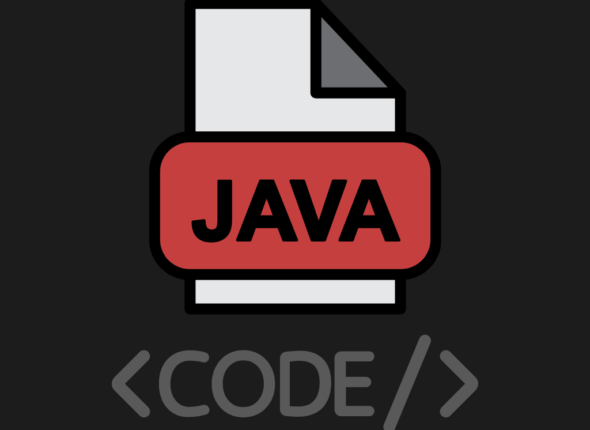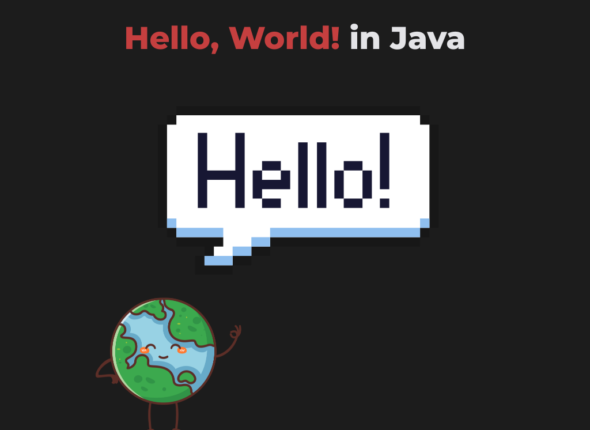
Code Smarter, Not Harder: How to Use AI to Code Faster and Smarter
As developers, we often spend hours debugging, writing boilerplate code, or searching Stack Overflow for quick fixes. However, the game has now changed. Thanks to AI, you can now code smarter, faster, and more efficiently.
From smart autocomplete to AI-generated unit tests, AI is transforming how developers code, not by replacing us but by helping us write more efficient and productive code.
In this article, we’ll explore practical ways developers (especially Java, Kotlin, Android, and backend devs) can use AI in their workflow to save time and improve code quality.
1. AI-Powered Autocompletion
AI tools like GitHub Copilot understand the context of your code and suggest entire lines of code, not just variable names. It’s like an autopilot mode on an airplane.
Tools you can use: GitHub Copilot, Cody by Sourcegraph, TabNine.
Use Case
For writing repetitive Android lifecycle methods or boilerplate Kotlin/Java code.Autocomplete a RecyclerView.An adapter in Kotlin without writing all the boilerplate.
Type this in Android Studio with Copilot enabled:
Code Example:
class UserAdapter(private val userList: List<User>) : RecyclerView.Adapter<UserAdapter.UserViewHolder>() {
// Copilot will auto-fill ViewHolder, onCreateViewHolder, onBindViewHolder, and getItemCount
}
2. Instant Code Debugging
AI can suggest improvement in code or spot common bugs like null pointer exceptions, unhandled cases, or inefficient loops.
Tools you can use: CodeWhisperer, Snyk AI, ChatGPT.
Use Case
Ai can help you debug faster and help you fix compile-time and runtime issues faster.
Paste this code into ChatGPT and ask: “Why is this giving a NullPointerException?”
Buggy Java Code:
String name = null;
System.out.println(name.length());
ChatGPT will explain the exception and suggest:
if (name != null) {
System.out.println(name.length());
}
3. Auto-Generate Unit Tests
AI can generate JUnit tests or Espresso tests based on your existing methods. You can review it and refine it instead of writing from scratch.
Tools to use: CodiumAI, Diffblue Cover, GPT-4
Use Case
This will save you tons of time on testing and you can focus on writing the real code. Let AI write unit tests for your Java/Kotlin methods.
Paste this code into ChatGPT and ask: Write a JUnit 5 test case for this Calculator class.
public class Calculator {
public int add(int a, int b) {
return a + b;
}
}
Output:
@Test
void testAdd() {
Calculator calculator = new Calculator();
assertEquals(5, calculator.add(2, 3));
}
4. Understand Complex Code with AI
Paste a complex block of code in AI chat and ask, “Explain this code in simple terms.” Then AI can break it down line by line, making it easier to learn and debug.
Tools you can use: ChatGPT, Gemini, Phind
Use Case
To understand complex code or unfamiliar open-source codebases.
Paste the below code in ChatGPT and ask: “Explain what this function does, and how I can optimize it.”
Kotlin Code to Test:
fun isPalindrome(input: String): Boolean {
val cleaned = input.replace(Regex("[^A-Za-z0-9]"), "").lowercase()
return cleaned == cleaned.reversed()
}
5. Documentation Made Easy
AI can generate clean Javadoc, KDoc, or inline documentation based on your code. No more skipping documentation tasks.
Tools you can use: Mintlify, Swimm, ChatGPT
Use Case
Document your open-source or freelance projects effortlessly.
Open ChatGPT and ask: “Write KDoc for this Kotlin function.”
Function:
fun getUserAge(birthYear: Int): Int {
return 2025 - birthYear
}
Output:
/**
* Calculates user's age based on the birth year.
* @param birthYear Year the user was born
* @return Age of the user
*/
6. Refactor Code with AI
AI can help you write cleaner, more efficient code by breaking down large methods, improving naming, and applying SOLID/OOP principles.
Tools you can use: GitHub Copilot, IntelliJ AI Assistant
Use Case
Refactor messy legacy code into clean and modular functions.
Ask AI: “Refactor this Java method to follow SOLID principles.”
Java Code to Refactor:
public void sendEmail(String type) {
if (type.equals("welcome")) {
System.out.println("Sending welcome email");
} else {
System.out.println("Sending generic email");
}
}
AI will suggest the Strategy Pattern or clean separation of logic:
interface EmailSender {
void send();
}
class WelcomeEmail implements EmailSender {
public void send() {
System.out.println("Sending welcome email");
}
}
7. Generate Boilerplate Code Instantly
Instead of writing boilerplate Room database setup, Retrofit configuration, or Jetpack Compose UI from scratch, let AI do it.
Tool you can use: Copilot, ChatGPT, IntelliCode
Use Case
Quickly build the core parts of your app, like the data access, repository, and ViewModel, without writing everything from scratch.
Ask ChatGPT: “Generate Room DAO interface for a Kotlin Note entity.”
Prompt Output:
@Dao
interface NoteDao {
@Insert(onConflict = OnConflictStrategy.REPLACE)
suspend fun insert(note: Note)
@Query("SELECT * FROM note_table ORDER BY id DESC")
fun getAllNotes(): LiveData<List<Note>>
}
8. Learn New Libraries with AI
Ask AI Tools Like ChatGPT: “Give me a sample Kotlin code using Ktor to build a REST API.” It will give you code, explanation and setup steps. Great for learning on the fly.
Use Case
Quickly explore new topics or backend frameworks and APIs with the help of AI, no need to spend hours on long tutorials or documentation.
Ask Tools like ChatGPT: Show me how to use Ktor to create a GET API in Kotlin.
Prompt Output:
fun main() {
embeddedServer(Netty, port = 8080) {
routing {
get("/") {
call.respondText("Hello from Ktor!")
}
}
}.start(wait = true)
}
9. Convert Code Between Languages
Using AI, you can convert Java Code to Kotlin code, or vice versa. Even from Python to JavaScript, or pseudo-code to working code.
Tools you can use: ChatGPT, Codex, CodeConvert AI
Use Case
Migrate your legacy Java codebase to Kotlin more efficiently.
Ask AI Tools: “Convert this Java code to Kotlin.”
Java Input:
public class HelloWorld {
public static void main(String[] args) {
System.out.println("Hello Java!");
}
}
Kotlin Output:
fun main() {
println("Hello Java!")
}
10. Smart Code Reviews with AI
AI can review your code and give smart suggestions, not just fixing syntax, but also spotting messy functions, slow parts, or areas that could be improved.
Tools you can use: CodeScene, DeepCode, Codeium.
Use Case
Improve code quality and catch bugs early.
Paste the below code and ask: “Suggest improvements or refactoring ideas.”
Sample Code:
fun calculateDiscount(price: Double): Double {
return price - price * 0.10
}
AI Suggestion: Consider using a named constant instead of hardcoding 0.10.
private const val DISCOUNT_RATE = 0.10
Conclusion
With the right prompts and tools, AI becomes your coding partner, helping you write smarter, debug faster, and build better.
Instead of fearing AI, embrace it. Treat it like an assistant, not a replacement. Your logic, experience, and problem-solving will always be your superpower.
If you found this guide useful:
✅ Bookmark it
✅ Share it with a friend
✅ Drop a comment or question below
Related Posts
Stay Connected
Follow me on Instagram for Java tips, coding reels, and much more.
Subscribe to my YouTube Channel for learning the art of programming.






